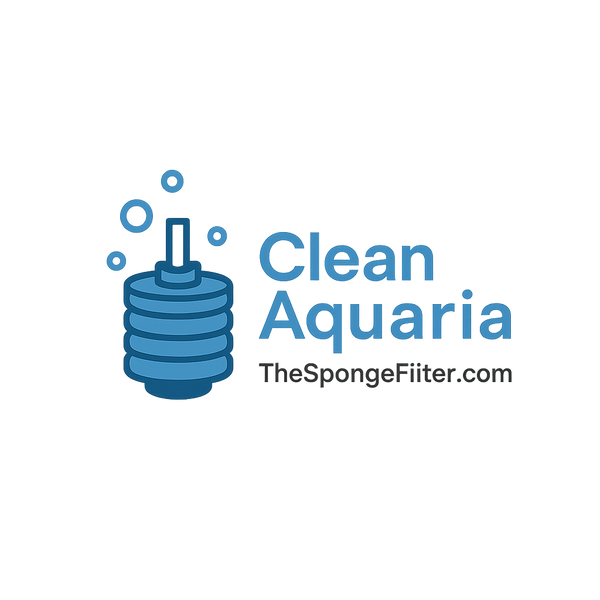Best Sellers
Shop By Sponge Filter Types
Frequently Asked Questions
A sponge filter is used for mechanical and biological filtration in aquariums. It traps debris while allowing beneficial bacteria to grow on the sponge surface, which helps break down harmful ammonia and nitrites.
Yes! Sponge filters are great for aquariums, especially for small tanks, shrimp tanks, breeding setups, and hospital tanks. They’re gentle, quiet, and provide excellent biofiltration.
A sponge filter works by using air from an air pump to pull water through the sponge. This traps solid waste and provides a large surface for bacteria to grow and clean your water biologically.
Choose a sponge filter based on your tank size. Small tanks (1–10 gallons) need compact filters, while larger tanks (20+ gallons) benefit from double sponge filters or larger bio sponge filters.
Yes, sponge filters require an air pump to operate. The air pump pushes air through tubing, which pulls water through the sponge to filter it.
A large single or double sponge filter can be enough for a 20-gallon tank if you don’t overstock. If you have many fish, consider using two sponge filters or adding another type of filter.
Sponge filters are quieter and safer for fry and shrimp, but hang-on-back (HOB) filters provide more powerful flow and chemical filtration. Many aquarists use both together.
Clean your sponge filter every 2–4 weeks or when the flow decreases. Rinse the sponge in old tank water (never tap water) to keep the beneficial bacteria alive.
Yes, sponge filters are great for planted tanks. They won’t suck up plant debris and provide good water movement without disturbing plants.
Yes! Sponge filters increase oxygen by disturbing the water surface through air bubbles. They also keep water moving throughout the tank.
Absolutely. Sponge filters are the top choice for breeding tanks because they’re gentle and won’t suck in fry. They keep water clean and safe for newborn fish.
Corner sponge filters or fine-pore sponge filters are best for shrimp tanks. They provide biofiltration without trapping baby shrimp.
Yes, running two sponge filters increases water circulation and filtration. It’s a smart idea for larger tanks or breeding setups.
Not directly. But the beneficial bacteria living on the sponge convert ammonia into safer nitrates through biological filtration.
A good sponge filter can last 8 months to 4 years or more. Replace when the sponge starts to fall apart or can’t hold its shape.




















